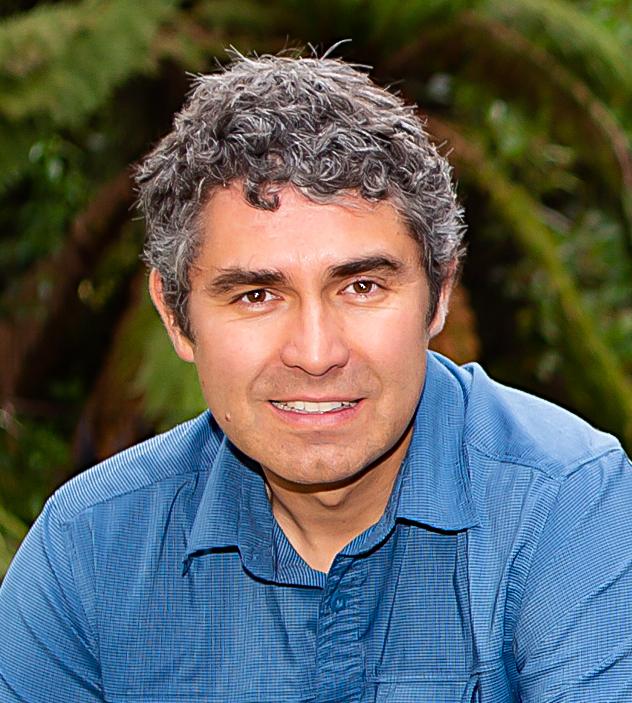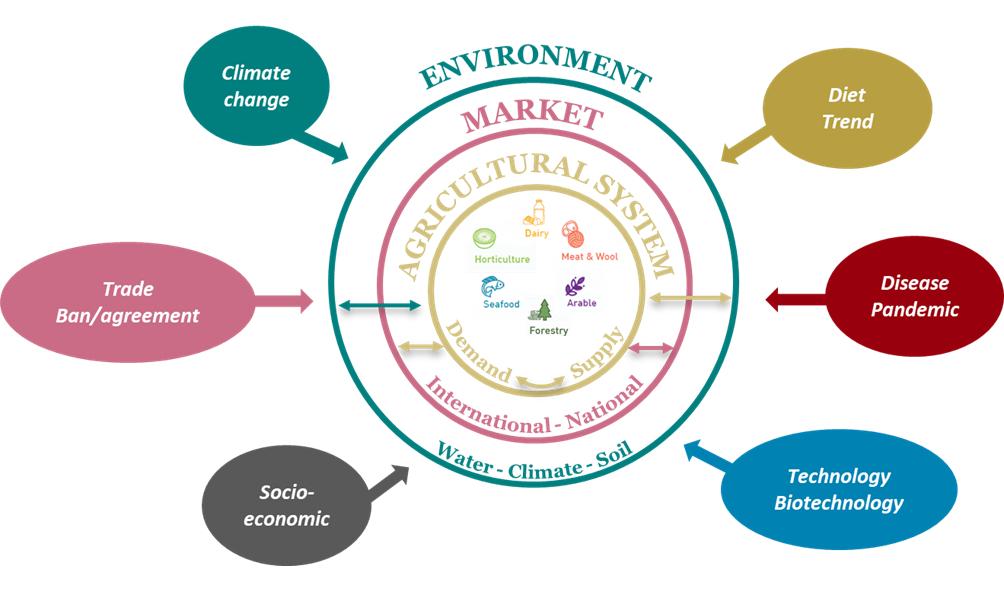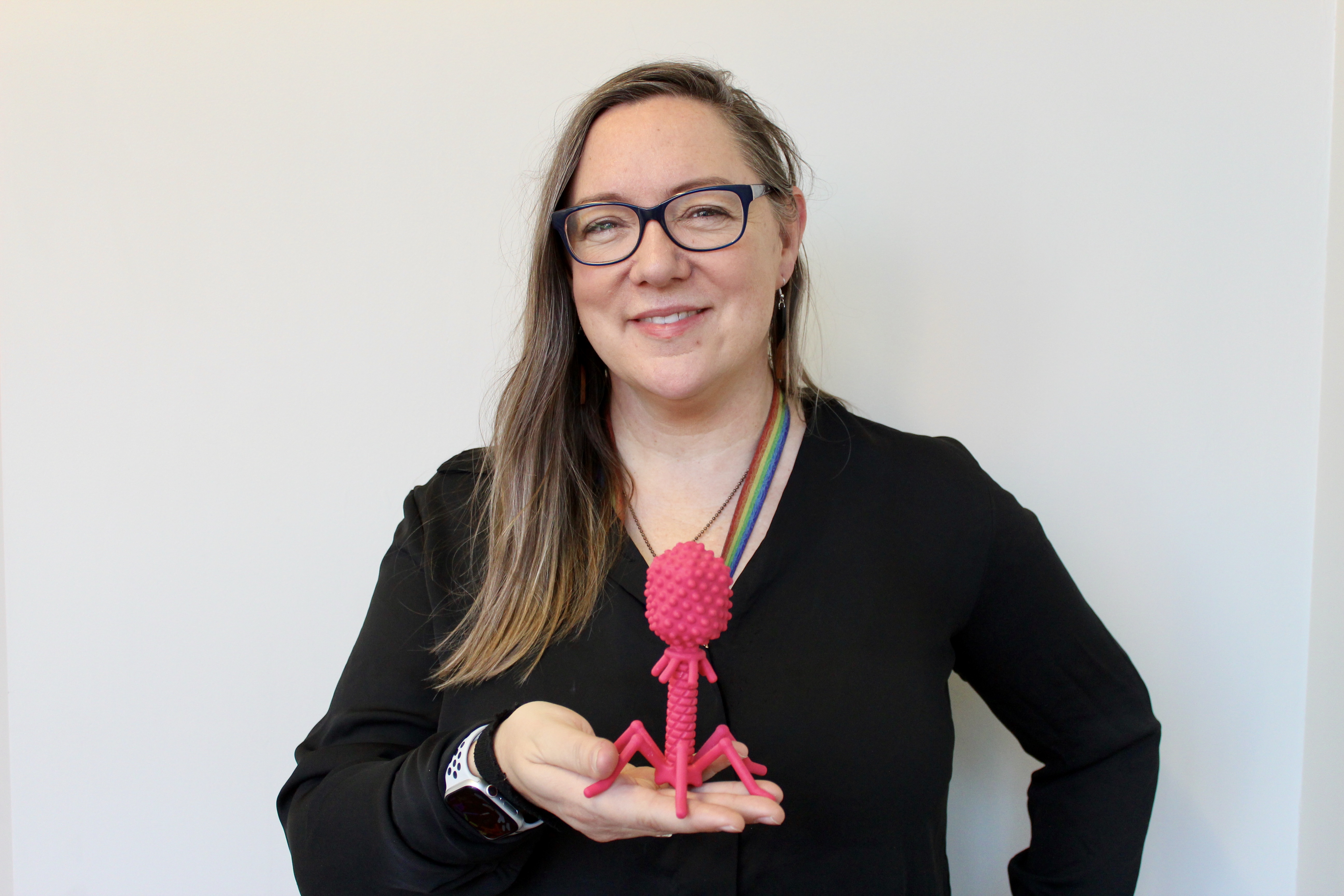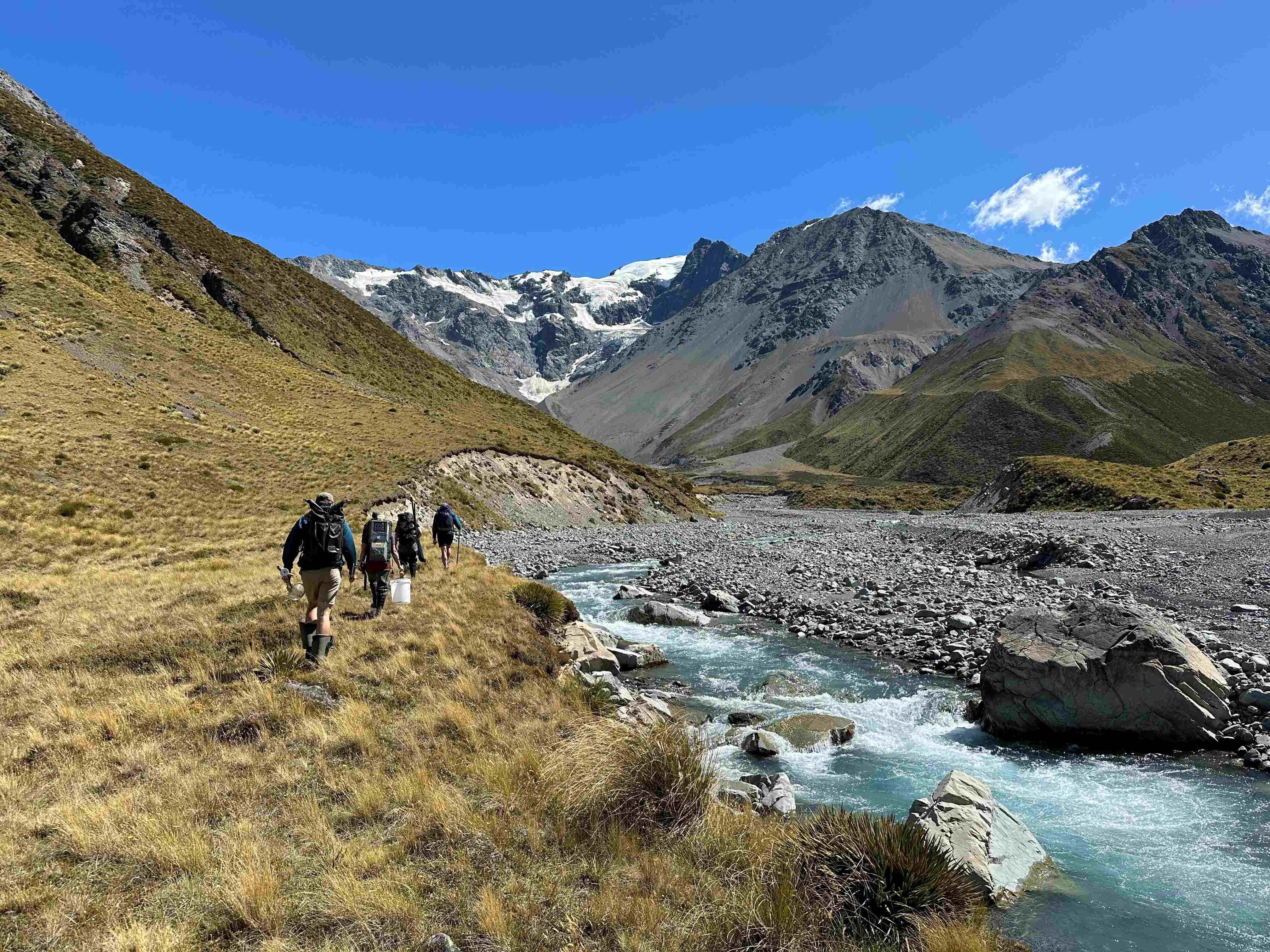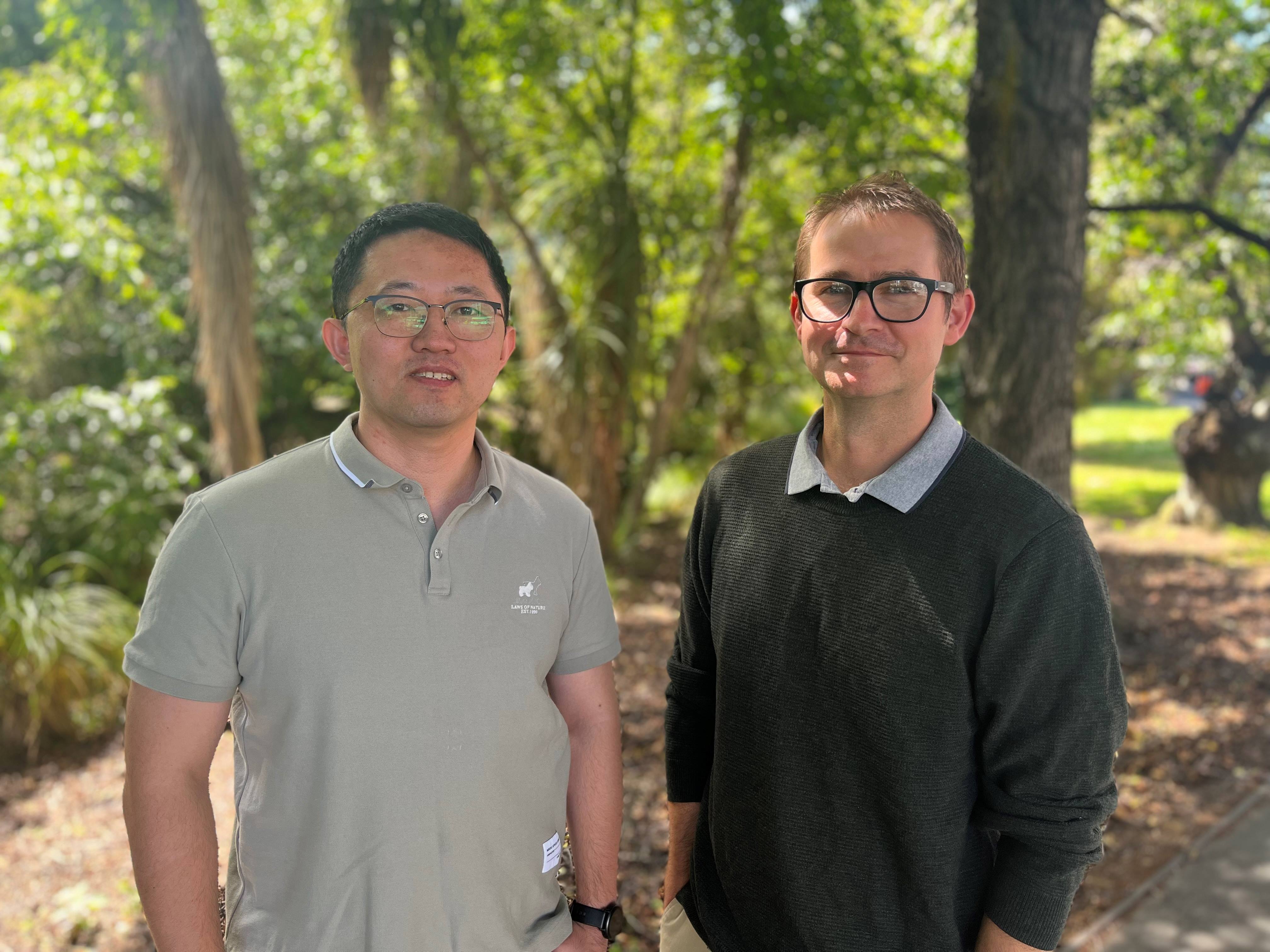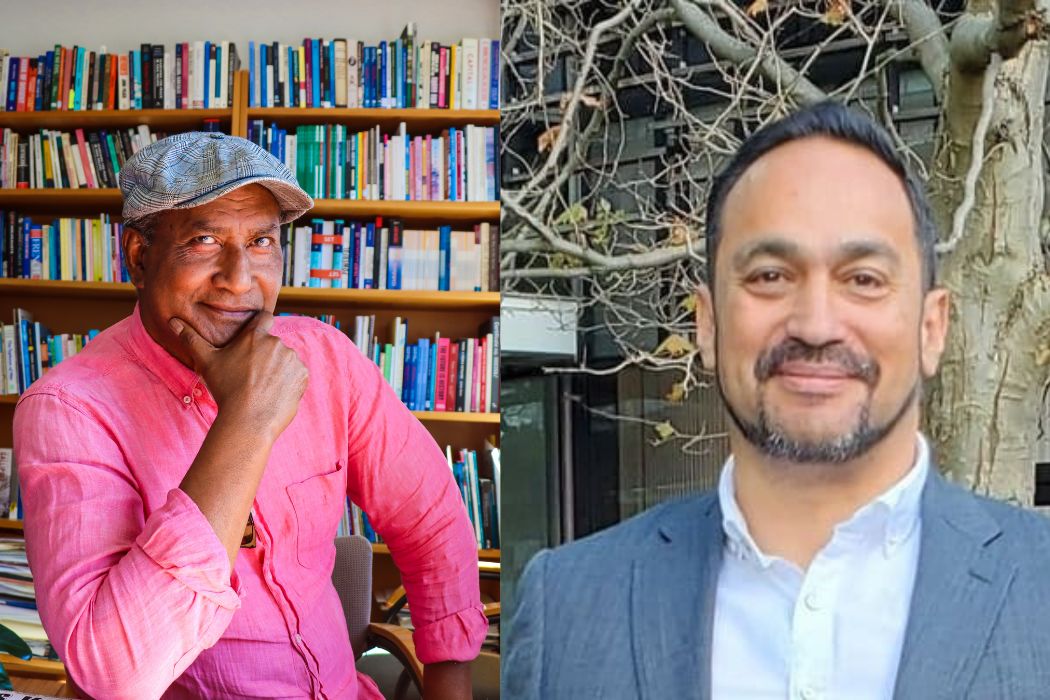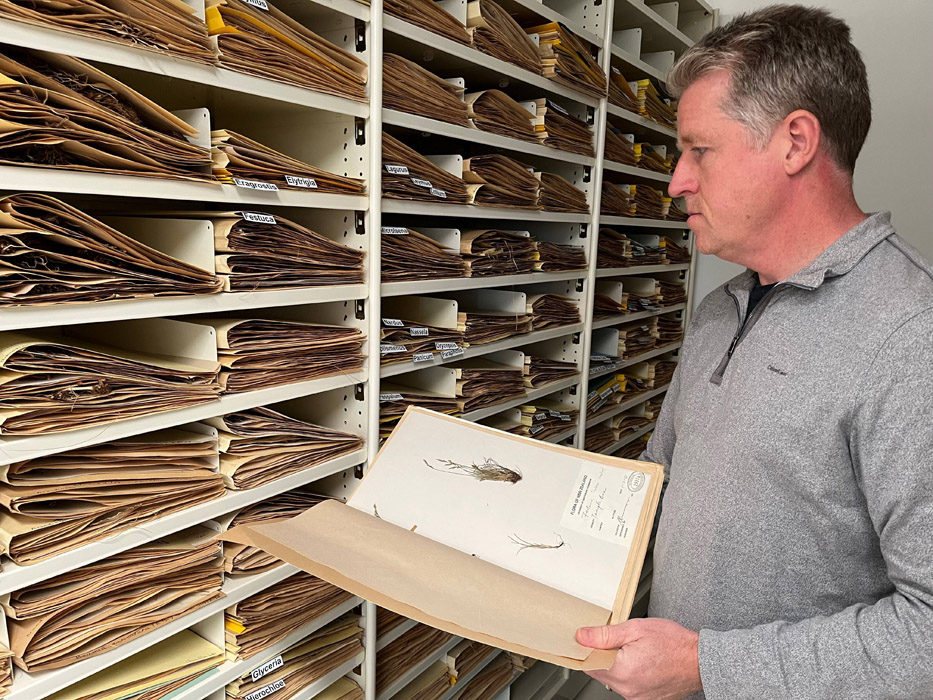This 'Think Piece' builds on an existing system modelling framework and aims to develop scenarios at the national to regional scale for assessing pathways and interventions to underpin strategy initiatives related to arable agriculture.
The objectives are 1) to analyse the effects of disruptive scenarios on land use sustainability and profitability, and 2) to design and produce a decision support tool (DST).
We plan to work closely with stakeholders from the arable sector as well as Maori iwi to develop and simulate disruptive scenarios and analyse consequences on land-use change, resilience, sustainability and profitability.
We aim to develop prospective scenarios for the arable sector by coupling quantitative and spatial approaches with an interactive tool to improve stakeholder engagement, land planning, and policy formulation. The proposed outputs will deliver on OLW’s mission to enhance the primary sector vitality, by allowing stakeholders and the public to examine the impact of disruptions and pathways for future agriculture.
Project outcomes:
The main output will be the development of a decision support tool (DST), which couples scenario narratives, quantitative indicators, and maps to highlight effects of major disruptions on the agricultural system. The web-based platform will allow users to explore a range of disruption scenarios and policy impacting the arable sector. Disruptive change scenarios could be in the form of climate change, economic drivers (e.g. new trade agreement or ban), or new technology adoption (e.g. precision agriculture, methane inhibitor). When used by a group of stakeholders, the DST will allow for real-time collaboration on formulating adaptation strategies to comply with environmental targets such as Carbon Neutrality and freshwater objectives by 2050 and national or regional economic growth objectives. The DST allows for comparisons between different scenarios to evaluate potential outcomes of future regulations and policies.
For this 'think piece' we propose focusing on change scenarios for the arable sector, as an initial application, before engaging with more stakeholders in a future full Research Programme. We foresee this interactive tool to be of interest to various stakeholders at regional and national levels (i.e. regional councils, national government, iwi, catchment groups), other sectoral stakeholders (e.g. Zespri, Dairy NZ, Beef and Lamb), as well as industry, (e.g. Agritech New Zealand, the Fertiliser Association of NZ). It is thus anticipated that this project will have a significant positive effect on how stakeholders are engaged in understanding of major disruptions and how policy is formulated.
PI’s: Tom Cochrane, Clemence Vanier (post-doc)
Co-PI’s: Larry Bellamy, Peyman Zawar-Reza (School of Earth and Environment)
Collaboration with FAR (Foundation for Arable Research)


